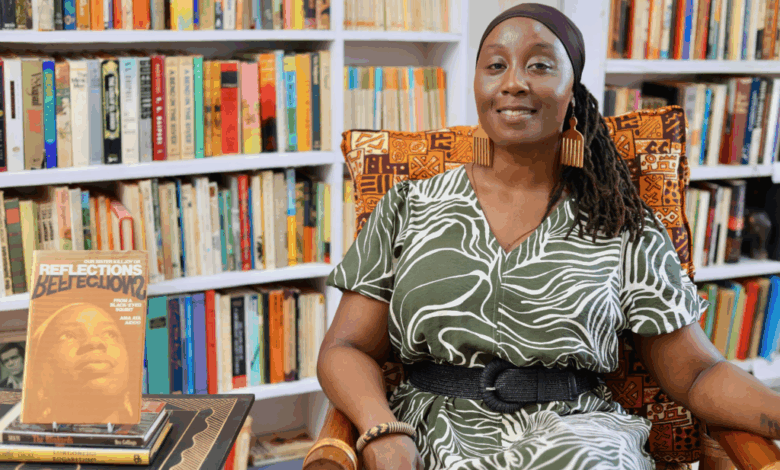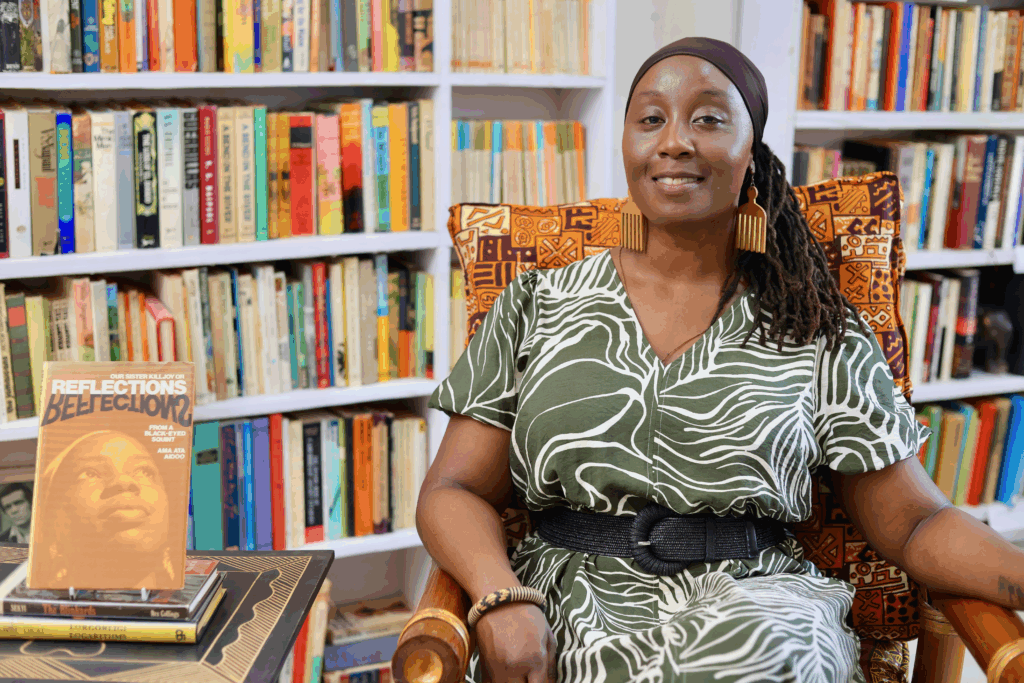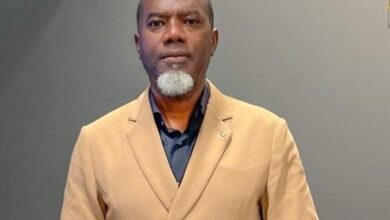Now is the time to build African institutions


In 1960, the landmark year in which 17 African nations achieved their independence, the Ford Foundation announced its presence in West Africa with the opening of its regional office in Nigeria. For 65 years, the Foundation’s impact in the region has remained consistent, demonstrating that continuous investment in individuals with a vision to build more equitable societies can be transformative.
As a Ford grantee, I can attest to the significance of the Foundation’s support of my efforts to challenge inequality in Ghana and beyond. Through my institution, the Library Of Africa and The African Diaspora (LOATAD), my commitment to preserving, disseminating, and celebrating African literature, as well as encouraging knowledge production on the African continent, has been reaffirmed by Ford’s recognition of my work through its Global Fellowship programme.
In an era characterised by social, political, and cultural division, LOATAD stands as a beacon of African intellectualism and offers affirmation to those seeking to enlighten and empower themselves.
Our mission is to defend and promote Africa’s literary heritage while supporting the next generation of African writers to bloom. These writers, who come from the continent and the Diaspora, are carrying forward the legacy of those from the postcolonial era who put African literature on the map, while charting their own literary course in this African century.
Like Ford, our work has a regional and global impact. We have spearheaded a worldwide movement centred on African literature without losing sight of what’s needed on the ground. We collaborate with local schools and communities to inspire curiosity in individuals and communities. We aim to enhance literacy levels using African literature as a tool. To succeed in the global economy, it is necessary to be both technologically savvy and literate. Knowledge of the past is fundamental for progress in the African present and future.
Changing the narrative from the inside out is vital, and writers are at the vanguard of this change. To do this, they need encouragement. Writing residencies are rare on the African continent, and many African writers seeking to benefit from them must often travel abroad. However, at a time of travel bans, visa restrictions, and cuts to arts funding, Africa-based institutions like LOATAD are needed now more than ever.
Since 2022, we have hosted nearly 100 writers-in-residence from Brazil to Zimbabwe. Offering seclusion and radical community, we cultivate a Pan-African and Diasporic identity, fostering solidarity and centring Black literature in a decolonised setting.
We continue to exist by sheer force of will. Yet, without sustained philanthropic, political, and public backing from both within and outside the continent, the survival of independent literary institutions like ours remains at risk.
Organisations like Ford are essential to individuals and institutions across West Africa, the continent, and globally who strive to honour the promises of the past in the present, with an eye on our collective future.
I remain grateful to the Ford Foundation for its visionary support.
*****
Sylvia Arthur is the founder of the Library Of Africa and The African Diaspora (LOATAD), a library, archive, writing residency, and literary research institute in Accra. She is a 2024 Ford Global Fellow.
DISCLAIMER: The Views, Comments, Opinions, Contributions and Statements made by Readers and Contributors on this platform do not necessarily represent the views or policy of Multimedia Group Limited.
DISCLAIMER: The Views, Comments, Opinions, Contributions and Statements made by Readers and Contributors on this platform do not necessarily represent the views or policy of Multimedia Group Limited.
Source link





